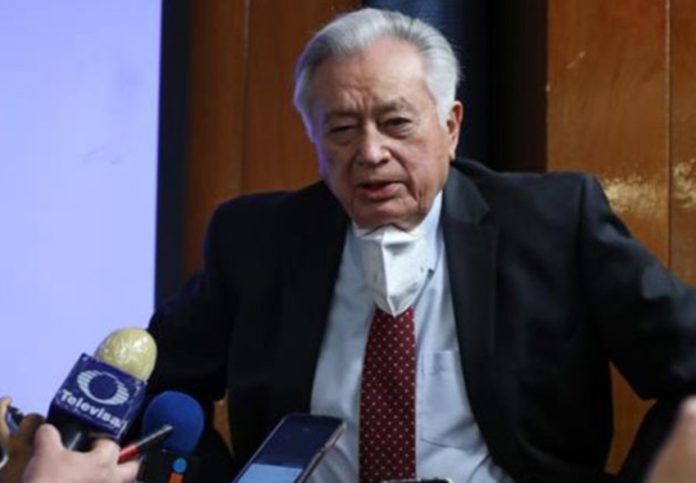Manuel Bartlett Díaz, director of the Federal Electricity Commission (CFE), has denied that he is being investigated by the United States government in connection with the 1985 murder of U.S. Drug Enforcement Administration (DEA) agent Enrique “Kiki” Camarena, a crime that occurred when he was federal interior minister.
His denial on Thursday came almost a month after the news magazine Proceso published a report that cited U.S. Department of Justice (DOJ) officials saying that he would be immediately detained in connection with the abduction, torture and murder of Camarena if he were to set foot in the U.S.
Bartlett, also a former governor of Puebla, former federal education minister and ex-secretary general of the Institutional Revolutionary Party, told a press conference that the assertion that he is under investigation in the United States is “a lie” and “false.”
He claimed that the Proceso article — and the cover page on which he appeared under the title “United States insists on questioning Bartlett” — was funded by people who want to abolish the CFE and hand control of Mexico’s electricity market to foreign companies.
“[The report] is a lie, a fallacy. … They brought it out a few days before the [June 6] elections. It’s shamelessness; it’s a paid front cover [story],” Bartlett said.
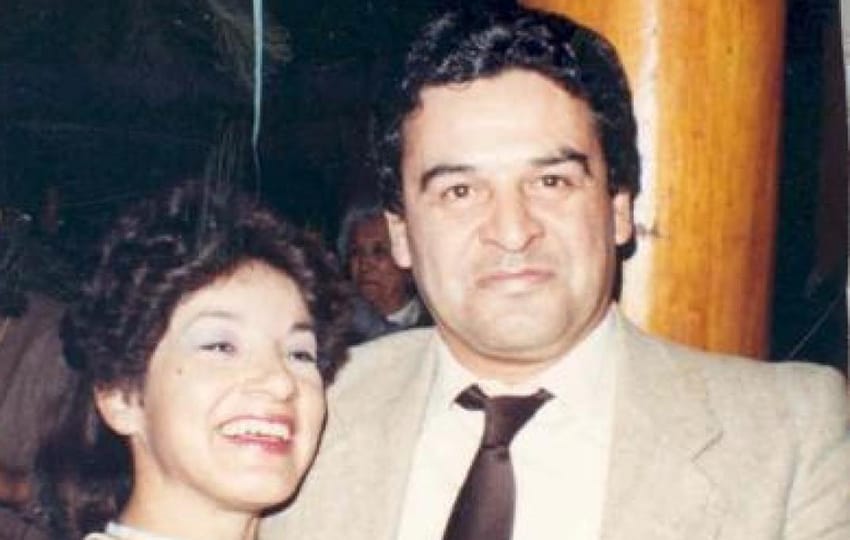
The 85-year-old also asserted that the report is a “rehash” of a “false” story from three years ago. He claimed that its publication is an attempt to intimidate him and the federal government into not carrying out energy sector changes to favor the CFE over private companies.
But Bartlett said he wouldn’t be intimidated, declaring that “we’re going to continue to defend the national interest.”
President López Obrador said this week his administration had no knowledge of such an investigation and claimed the Proceso report was part of a “smear campaign” against his government.
The Proceso report is based on an interview with unnamed DOJ officials and extracts from a government file on the case.
“His name appears numerous times and on various pages of the investigation files that are open in the Camarena case,” one U.S. official told Proceso. “If he [Bartlett] enters the United States he will be detained for questioning.”
“Mr. Bartlett knows that his name has been mentioned during the decades that this investigation into the Camarena case has been going on, and that is why he would have to testify before a grand jury,” said another Department of Justice official.
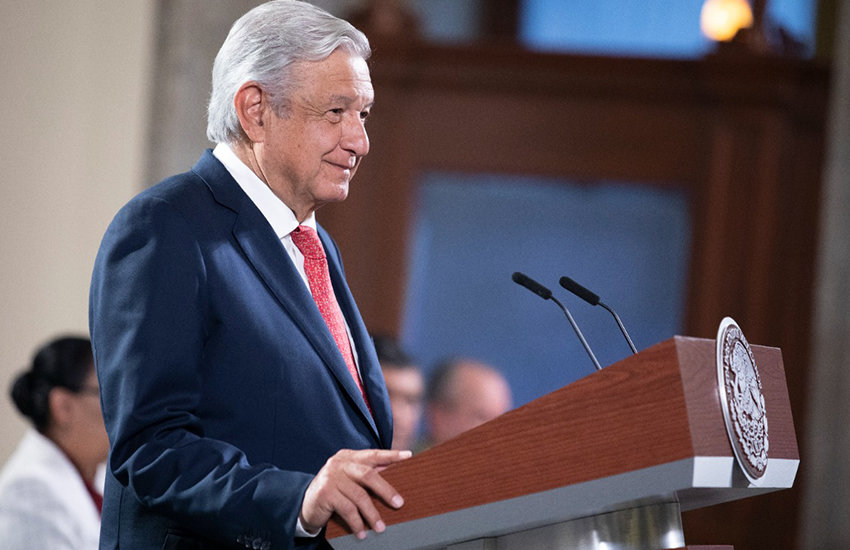
Camarena, a Mexican-born special agent, was abducted on February 7, 1985 in Guadalajara and killed two days later on the orders of Guadalajara Cartel leaders Miguel Ángel Félix Gallardo, Ernesto Fonseca Carrillo and Rafael Caro Quintero. The traffickers allegedly operated in cahoots with both federal and state authorities in Jalisco.
Proceso said the documents it obtained — which it said are currently “sealed in a federal court in California” — state that Bartlett, as interior minister in former president Miguel de la Madrid’s government, participated in meetings between drug traffickers and officials before the abduction of Camarena and after his murder.
Proceso said the Department of Justice officials confirmed the authenticity of the documents it obtained, in which other de la Madrid officials, including national defense minister Juan Arévalo Gardoqui and José Antonio Zorrilla Pérez, director of the now-defunct Federal Directorate of Security, are also mentioned.
Bartlett Díaz “was ultimately responsible for the Federal Directorate of Security (DFS). DFS was so deeply involved with the traffickers that witnesses have testified that it was impossible to tell the difference between them. There are approximately 800 DEA files reflecting reports of DFS corruption from 1980–1990,” one document said.
“Bartlett Díaz was present at several pre-abduction meetings during which the kidnapping of S/A [special agent] Camarena was discussed,” it said, adding that witnesses “have also placed” the then interior minister at 881 Lope de Vega street in Guadalajara on the night of February 7, 1985 — the day Camarena was abducted.
Proceso said the house on Lope de Vega street belonged to Rubén Zuno Arce, brother-in-law of Luis Echeverría Álvarez, president of Mexico between 1970 and 1976.
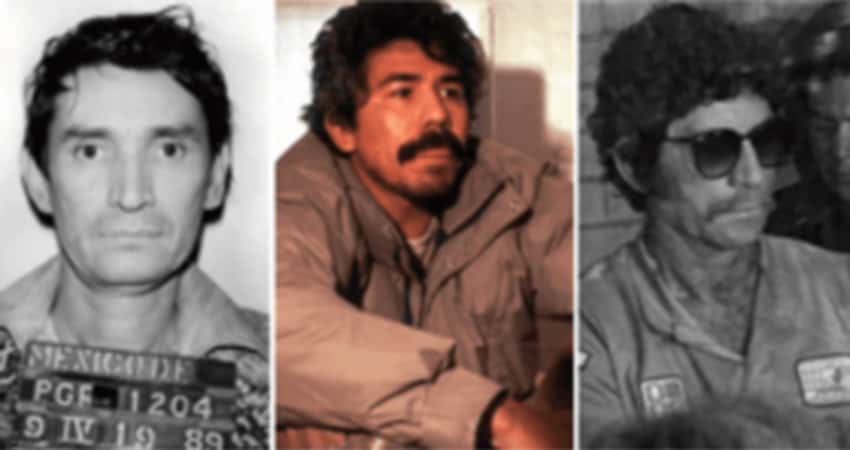
“It was at that property where Camarena was interrogated with atrocious torture methods before he was murdered,” Proceso said.
The same document said the CFE chief “was reported to have attended a meeting in Mexico City on February 25, 1985, regarding information leaks to DEA” adding that “an eyewitness said that a copy of the Camarena interrogation tapes were delivered to Bartlett Díaz.”
Another government file extract obtained by Proceso cited a witness as saying that he or she on February 7, 1985 “looked into one of the main living rooms of the residence” owned by Zuno Arce and saw numerous officials including Bartlett, Arévalo, Zorrilla, then Jalisco governor Enrique Álvarez del Castillo, then Interpol Mexico director Miguel Aldana Ibarra and then Federal Judicial Police director Manuel Ibarra Herrera as well as traffickers, including Félix Gallardo.
The witness stated that “during this time period he/she noted that Fonseca Carillo was not present at the residence but that he returned a short time later,” the document said.
Another document obtained by Proceso cited a witness as saying that Bartlett and other officials attended a meeting a few days before the abduction of Camarena at a house in Zapopan, Jalisco, owned by Caro Quintero. Félix Gallardo and Fonseca Carillo were also allegedly present.
A Department of Justice official told Proceso that if Bartlett was questioned in the United States, “he would have to make a lot of clarifications about why different witnesses, who don’t even know each other, insist on involving him in the case of the abduction, torture and murder of Camarena.”
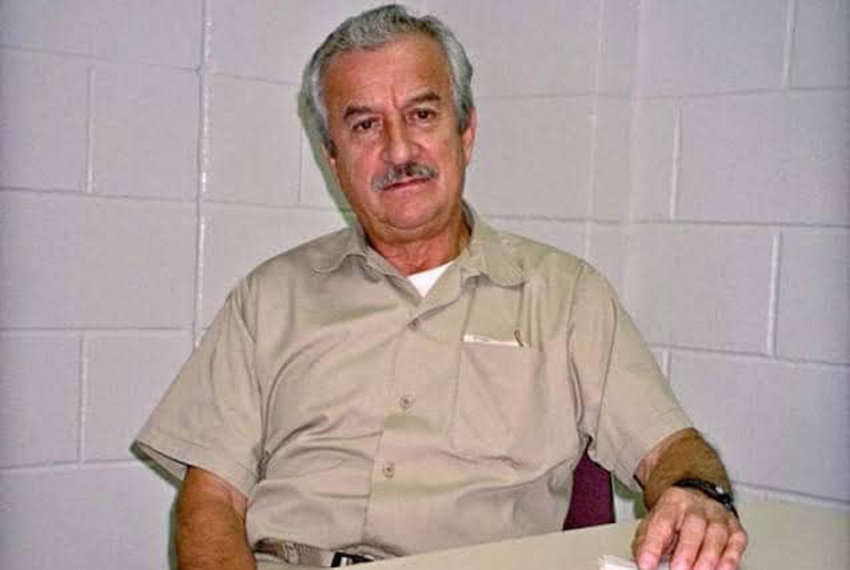
A DOJ official told the magazine that Bartlett hired a group of private investigators and lawyers in 1997 — he was governor of Puebla at the time — to find out everything they could about the protected witnesses that have linked him to the Camarena case.
“His intention was to discredit the witnesses. His investigators compiled their sins, reports that they were corrupt police officers, that they had committed murders on the orders of drug traffickers, that they raped women, that they were unfaithful, that they had children with various wives. … His idea was to strip them off their credibility,” the official said.
The official said that lawyers for Bartlett delivered the information the investigators dug up about the witnesses to a court in California.
“But the grand jury and the judge rejected [the information] because there wasn’t anything that wasn’t known and it was considered a ploy by Bartlett Díaz to avoid being questioned,” the DOJ official said.
Asked by Proceso whether Bartlett has been to the United States “since he has been mentioned in the Camarena case,” the official responded: “That’s personal and confidential information, so I’m prevented from speaking about the point.”
Proceso noted in its report that “it’s public knowledge that Bartlett Díaz denies any reference that links him to the case of the abduction, torture and murder of the DEA agent.”
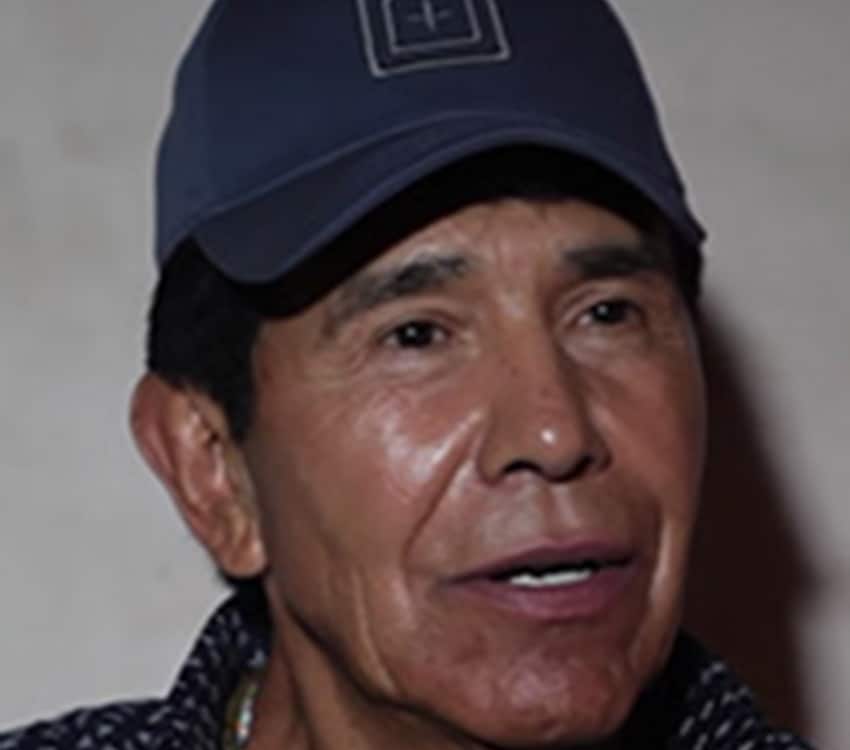
However, there are two “indisputable things,” the report added, asserting that the first is that while the investigation into the Camarena case continues, Bartlett will be detained for questioning if he enters the United States.
“The second is that his name is mentioned on many occasions and in different circumstances in declassified investigation documents, which are in a federal court in Los Angeles, California.”
United States journalist Charles Bowden has also compiled eyewitness accounts describing Bartlett’s alleged involvement in the decision to kidnap, torture and murder Camarena in order to put an end to his operation against the Guadalajara Cartel.
Ignacio Morales Lechuga, attorney general during the latter half of the 1988–1994 government of former president Carlos Salinas, said late last year that when he was the country’s top legal officer he met with United States attorney general William Barr, FBI director William Sessions and DEA administrator Robert Bonner and “they asked me to extradite Manuel Bartlett, Enrique Álvarez del Castillo and Juan Arévalo, who they accused of being the intellectual authors of the murder of Camarena.”
However, the extraditions never occurred, and Álvarez, the former Jalisco governor, and Arévalo, the defense minister when Bartlett was interior minister, are now deceased.
With reports from EFE, El Financiero and Proceso
